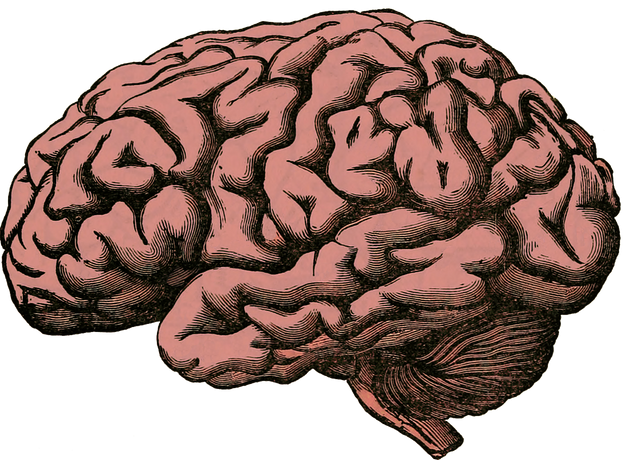Every human brain will die one day. And scientists have been long after what exactly is happening to the brain at that very moment. But because of fairly obvious ethical reasons conducting research on this subject has been quite slow.

Source: Pixabay.com CC0 Creative Commons
But recently we got to actually do it. Neurologist Jens Dreier and his team from the German Charité Universitätmedizin Berlin managed to find several subjects on which they could observe the moment of death. This is because of the modern phenomena when some people have a tattoo that says Do Not Resuscitate which allow the researchers to wait with their brain monitoring devices for the precise moment the person dies. Obviously, thanks to animal research we already know a bit about what happens to the brain when it dies. But Dreier and his team managed to complete this procedure on nine patients and observe something we so far only saw in humans.
A dying brain first loses it oxygen intake. After a while the brain goes into a saving mode, stop being electrically active and the neurons stop communicating with each other. After a few minutes the ion gradients start to slowly vanish and a wave a depolarization goes through the brain, sometimes called brain tsunami. This wave spreads through the brain until it causes irreparable brain damage. It was exactly this brain tsunami that was first observed by Dreier’s team. And they are saying we could maybe be able to stop it.
Dreier and his team say that when the circulation of blood stop in the body the tsunami erases all the electrochemical energy stored in brain cells and stars a cascade of toxic processes that lead to brain death. But they are also convinced that if we could restart the circulation of blood in the brain we could stop this process. But only if the oxygen supply through the blood is restored before the permanent depolarization of neurons happens. This may one day become a base of a treatment for patients who are at the risk of brain damage or even brain death.
Sources:
Being A SteemStem Member
Downvoting a post can decrease pending rewards and make it less visible. Common reasons:
Submit